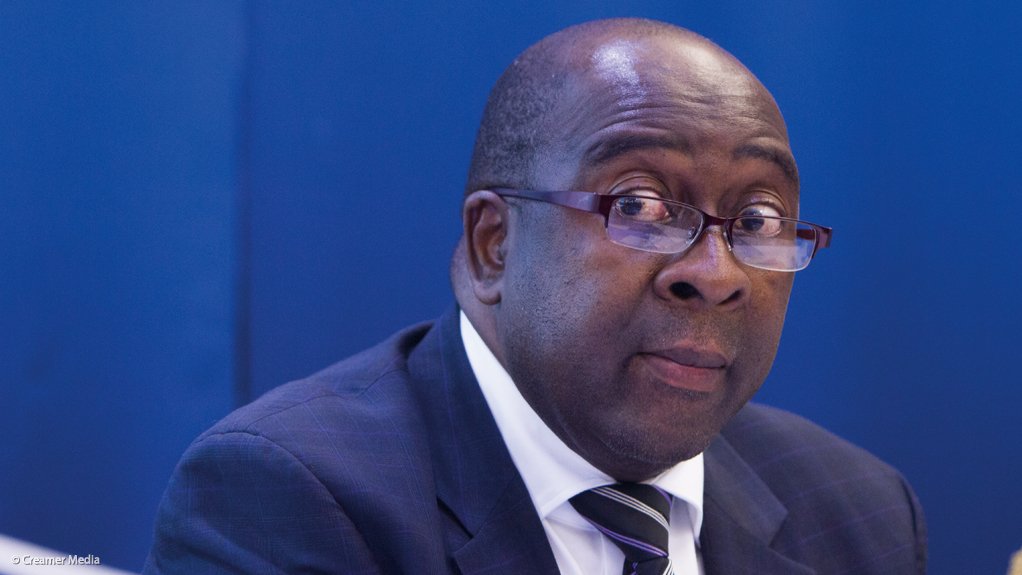Finance Minister Nhlanhla Nene on Wednesday stated that, while South Africa’s 2015 economic growth target of 2% was achievable, it was not enough to deliver the tax revenue needed to combat the country’s challenges.
Opening the third Commonwealth Stakeholder’s conference on public debt management in Johannesburg, he added that the main constraints to growth were domestic, with recent data showing that the domestic economic landscape remained a challenging one.
“South Africa’s gross domestic product (GDP) growth rate was 1.3% in the first quarter of 2015, and this highlights the negative impact of our electricity challenges. We expect local economic growth to reach 3% in 2017/18, as more electricity comes onto the grid, consumer spending grows and trade with the rest of Africa rises,” he pointed out.
Nene said the Commonwealth conference was being held at an appropriate time, as many nations were grappling with debt challenges, as they continued to try to recover from the 2008 global financial crisis that had plunged many countries into a recession.
The global economic environment remained uncertain and growth rates in some emerging markets would be lower than previously expected.
The South African government had expanded its debt in response to a difficult economic environment and revenue collection was underperforming owing to weak economic growth, which resulted in higher debt.
“As a percentage of GDP, net debt has grown from 21.8% at the start of the financial crisis to 40.8% in 2014/15. Revenue collection has underperformed as a result of weak economic growth, leading to increased debt accumulation to support the fiscal stance,” Nene said.
Further, the International Monetary Fund projected the global GDP to grow by only 3.5% in 2015 and by 3.7% in 2016, compared with 3.4% in 2014.
Emerging market growth was expected to remain low in 2015 and to pick up modestly in 2016 as commodity prices remained under pressure.
CONFERENCE AGENDA
National Treasury deputy director-general Anthony Julies, meanwhile, revealed that more than 70 participants from 35 countries were attending the conference, which was aimed at discussing debt management and innovative ways of managing debt.
“Since the 2008 financial crisis, we are still feeling the effects today and I suspect we will still feel it ahead. It makes this an uncertain era, so that is why managing risks is important to the National Treasury,” he said.
Commonwealth secretary-general Kamalesh Sharma cited the partnership between the South African National Treasury and the Commonwealth Secretariat as a practical demonstration of sound assistance to the debt management of Commonwealth States.
He noted that, following the global financial crisis, public debt levels in developing countries had increased only moderately, while there was a marked deterioration in the fiscal area.
He said the gathering of top financial experts and debt managers at the conference would enable the sharing of innovative practice and solutions to support better handling of public debt as countries moved into the new development era.
Further, he said the uncertainty of the present economic situation necessitated a reassessment of existing debt management strategies to ensure that debt burden did not stand in the way of raising living standards across the Commonwealth.
“The continuing decline in commodity prices and the increase in oil prices significantly affects developing countries. We hope the debt management model created here can be adopted for future Commonwealth gatherings,” said Sharma.
EMAIL THIS ARTICLE SAVE THIS ARTICLE
To subscribe email subscriptions@creamermedia.co.za or click here
To advertise email advertising@creamermedia.co.za or click here











